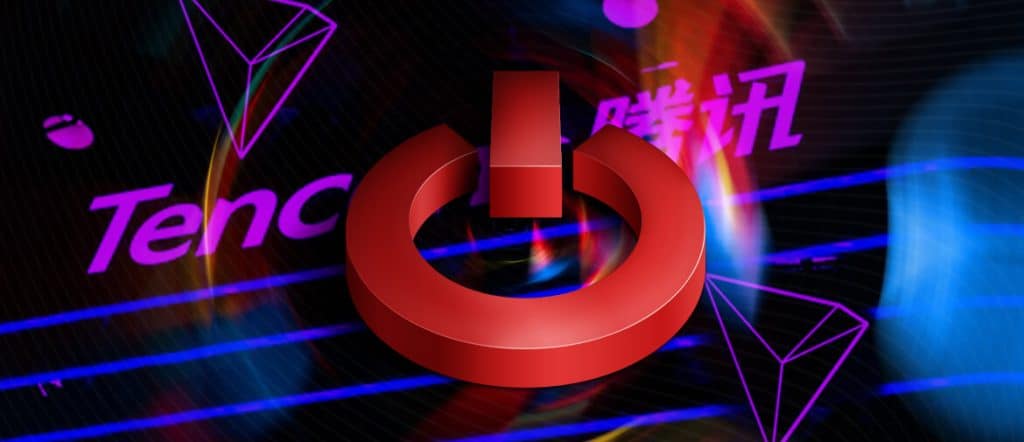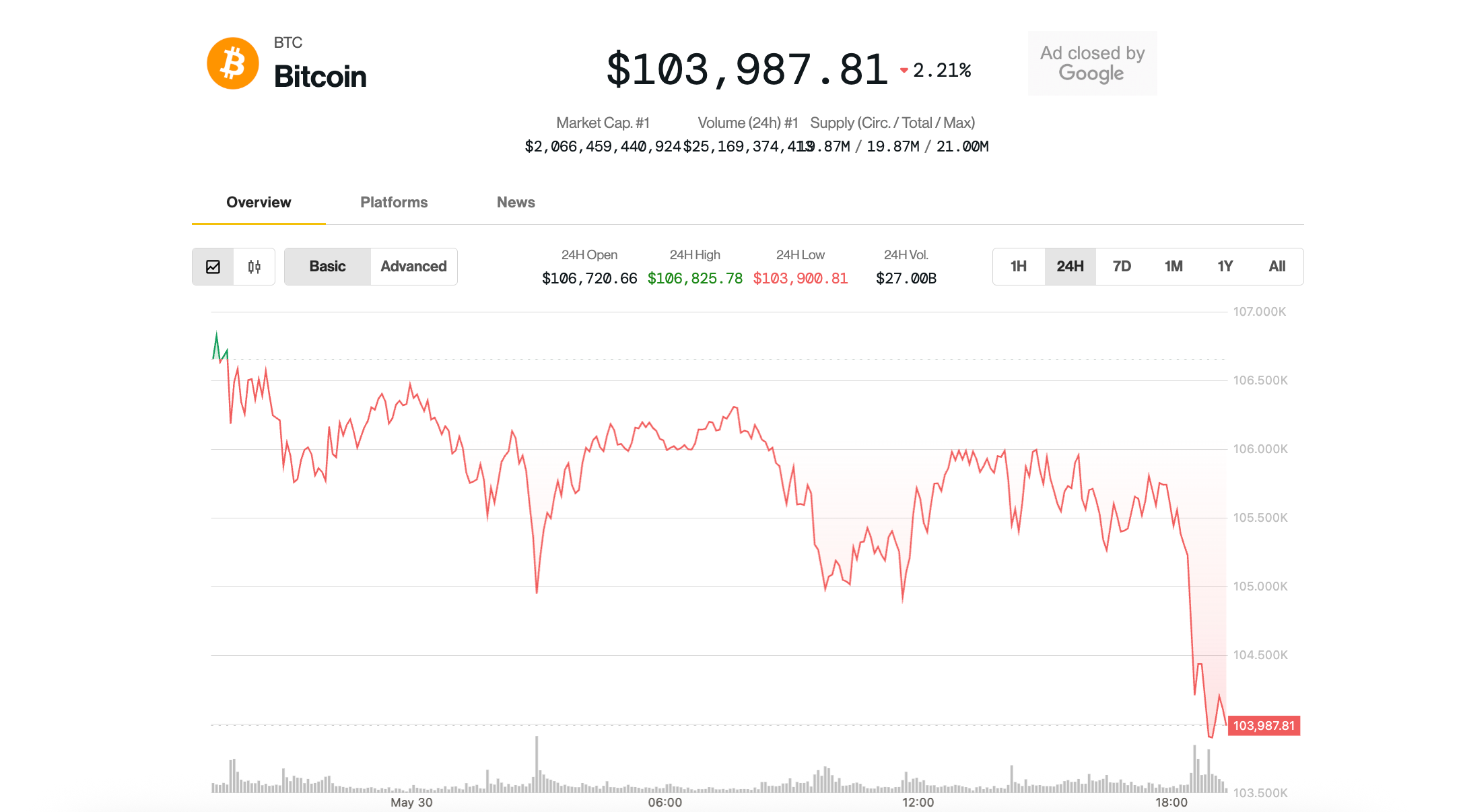
Rumors are circulating that Tencent is exploring a potential partnership with Meta to introduce Quest devices to the Chinese audience. According to a report from Chinese media outlet 36Kr, Tencent plans to bring Meta’s VR device Quest 2 to the Chinese market after the tech company reportedly abandoned its own hardware plans.
Tencent’s decision to terminate its XR development was attributed to current economic challenges and a predicted lack of profitability in the foreseeable future. This decision included laying off staff who were working on XR technology and closing down the entire department.
This is not the first time Tencent would enter into a collaboration with a tech company, as it previously did so with Nintendo’s Switch in 2019.
Tencent would be faced with the task of localizing game content, systems, services, audio and video, AI, and other aspects to introduce Oculus Quest 2 to the Chinese market. However, Chinese users have a different willingness to pay for content and typically prefer free game content while paying for value-added services, according to Pandaily.
A collaboration between Tencent and Meta could have several potential benefits, including increased access to the large and lucrative Chinese market. Tencent is a major player in the Chinese tech industry and has a significant user base in the region, which could promote the adoption of Meta’s VR products. This could be especially beneficial to Meta since the company is struggling financially and facing harsh criticism from investors and consumers.
However, there are also potential drawbacks to the partnership. Tencent has faced criticism in the past over censorship and data privacy issues, which could harm Meta’s reputation by association. The Chinese government has strict regulations on online content and might impose restrictions on the use of VR technology. Still, the collaboration may not be financially beneficial for both parties, as the VR market is still in its early stages and may not generate significant profits in the short term.
Read More: mpost.io









 Bitcoin
Bitcoin  Ethereum
Ethereum  Tether
Tether  XRP
XRP  Solana
Solana  USDC
USDC  Dogecoin
Dogecoin  TRON
TRON  Cardano
Cardano  Lido Staked Ether
Lido Staked Ether  Wrapped Bitcoin
Wrapped Bitcoin  Sui
Sui  Hyperliquid
Hyperliquid  Wrapped stETH
Wrapped stETH  Chainlink
Chainlink  Avalanche
Avalanche  Bitcoin Cash
Bitcoin Cash  Stellar
Stellar  LEO Token
LEO Token  Toncoin
Toncoin  Shiba Inu
Shiba Inu  Hedera
Hedera  USDS
USDS  WETH
WETH  Litecoin
Litecoin  Wrapped eETH
Wrapped eETH  Polkadot
Polkadot  Binance Bridged USDT (BNB Smart Chain)
Binance Bridged USDT (BNB Smart Chain)  Monero
Monero  Bitget Token
Bitget Token  Ethena USDe
Ethena USDe  Pepe
Pepe  Pi Network
Pi Network  Coinbase Wrapped BTC
Coinbase Wrapped BTC  WhiteBIT Coin
WhiteBIT Coin  Dai
Dai  Aave
Aave  Uniswap
Uniswap  Bittensor
Bittensor  Cronos
Cronos  Ethena Staked USDe
Ethena Staked USDe  OKB
OKB  NEAR Protocol
NEAR Protocol  Aptos
Aptos  Jito Staked SOL
Jito Staked SOL  BlackRock USD Institutional Digital Liquidity Fund
BlackRock USD Institutional Digital Liquidity Fund  Ondo
Ondo  Tokenize Xchange
Tokenize Xchange  Internet Computer
Internet Computer